On a quiet stretch of the San Francisco Peninsula sits a 12-acre ranch where clinicians, horses, and families meet with a simple purpose: turn carefully shaped time with horses into progress people can feel in daily life.
The National Center for Equine Facilitated Therapy — better known as NCEFT — has been doing that work since 1971, growing into a pioneer in equine-assisted services with licensed therapy, adaptive riding, and mental health programs for children, adults, veterans, and first responders.
Who They Are
NCEFT is a nonprofit public-benefit organization founded in 1971 and internationally recognized for leadership in equine-assisted programming.
The team specializes in physical, occupational, and speech therapy that incorporate equine movement when clinically appropriate, alongside adaptive riding and mental health and resilience offerings.
The center’s home is 880 Runnymede Road, Woodside, California 94062, a purpose-built campus with arenas, barns, and accessible mounting areas designed for safety and comfort for both people and horses.
What They Do: Programs at a Glance
Licensed Therapy Services
NCEFT delivers physical and occupational therapy (and, when indicated, speech-language therapy) that may integrate the horse’s movement as a treatment tool. Sessions are individualized and may include mounted and unmounted activities depending on goals such as posture, balance, coordination, breath support, and attention.
Mental Health and Resilience
The center offers mental health and resilience programming that can supplement care for conditions such as anxiety, depression, social isolation, and trauma. Sessions are facilitated by qualified professionals and use horse-human interactions to practice regulation, communication, and boundary setting in real time.
Veterans and First Responders
Dedicated Veteran and First Responder programs focus on rebuilding confidence, independence, and connection after high-stress service. Examples include group formats for post-traumatic stress and specialized adaptive horsemanship experiences like the Lava Lake program.
Adaptive Riding and Community Programming
Beyond clinical services, NCEFT provides adaptive riding, summer camps, special-education school experiences, and other equine-assisted activities that emphasize inclusion, skills, and community. These are instructional rather than clinical, but they often complement therapy goals.
How Their Approach Works
Across programs, the horse is a responsive partner, not a backdrop. In clinical sessions, therapists use a horse’s rhythmic, three-dimensional movement to stimulate postural activation, balance strategies, and sensorimotor sequencing; in mental health and resilience work, the horse’s sensitivity to human cues provides immediate feedback that supports regulation and communication.
NCEFT’s materials emphasize individualized plans, safety, and measurable outcomes, aligning with best practices in equine-assisted services.
Safety, Standards, and Horse Welfare
NCEFT describes a comprehensive safety culture: licensed clinicians for therapy, structured instructor qualifications for adaptive riding, clear policies for equipment and mounting, and careful selection and management of therapy horses.
The organization presents itself as one of the nation’s longest-running and largest programs, reflecting decades of refinement in procedures and welfare protocols.
Who They Serve
The center supports children and adults with a range of needs, including developmental and neuromotor conditions, communication and sensory regulation goals, and stress- or trauma-related challenges.
Specific outreach to veterans and first responders extends access to those who have served in high-risk, high-responsibility roles.
Where They Operate and How to Reach Them
NCEFT operates from its campus at 880 Runnymede Road, Woodside, CA 94062. For information about scheduling, programs, or visiting the ranch, the organization lists phone and email contacts on its site: (650) 851-2271 and info@nceft.org.
A First Visit: What to Expect
Families can expect a calm arrival, a brief review of goals, and an introduction to the horses and arena routines. Depending on the program, sessions may involve grooming and groundwork, mounted activities shaped to the individual, or small-group exercises that practice communication, pacing, and team problem solving.
The tone is respectful and steady; the aim is meaningful progress that carries into daily life. (For an overview of the differences between therapy and instruction, see our site’s “Types of Equine Therapy” page.)
Why NCEFT Matters
In an evolving field with many local programs, NCEFT stands out for longevity and breadth: a half-century of continuous operation, a full continuum from licensed therapy to adaptive riding and mental health programming, and a campus that makes access and safety practical.
For families and care teams deciding whether equine-assisted work is a good fit, NCEFT’s history and scope make it a clear benchmark for what comprehensive, welfare-forward practice looks like.
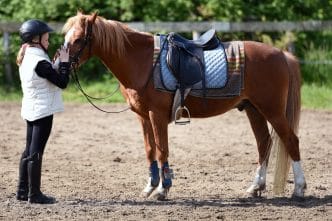
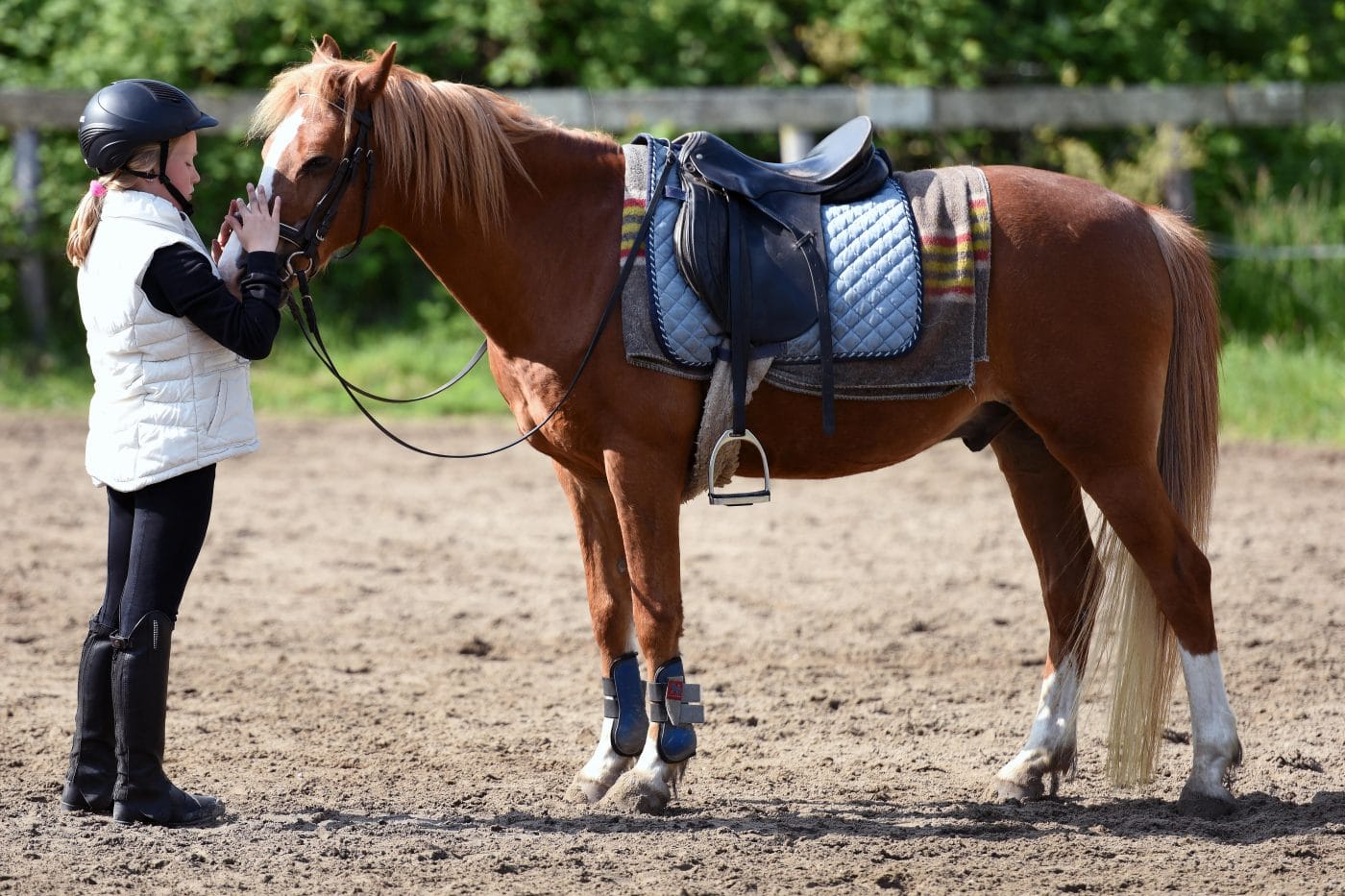
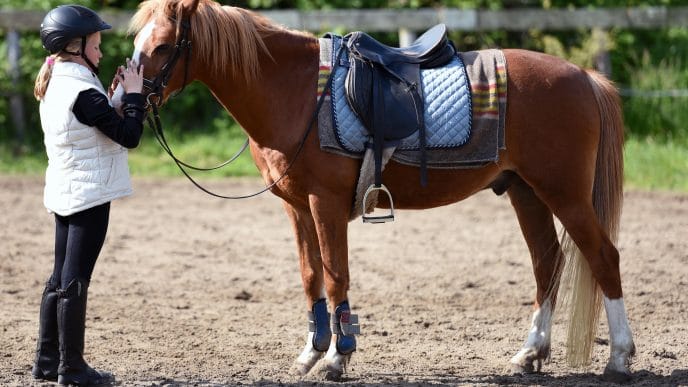


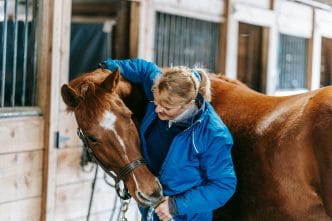
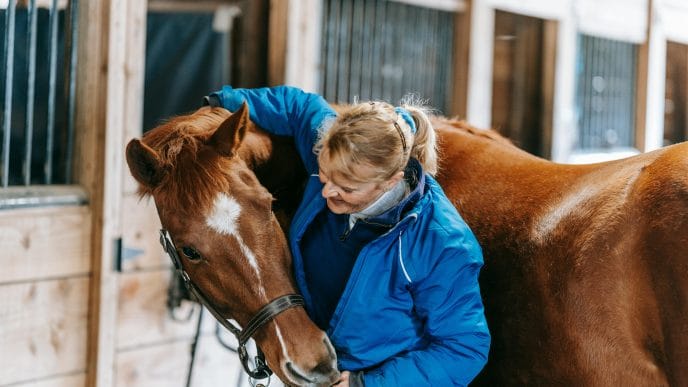
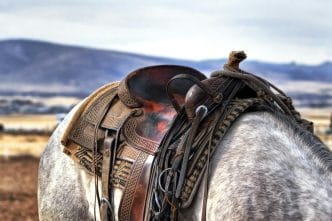



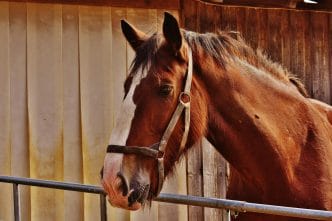

Hello,
I live in MA. I am looking to receive training for my miniature horses and myself. I would like to train them to be therapy horses. They are very tiny, and sweet as can be.
Thank you,
Cassie